Development Environment
Controller: Atmega8
Language: C++ (-std=gnu++14 flag added )
IDE: atmel studio 7
Note: Most of the std:: libraries like ostream ,string ,cout, are not available with this minimal c++ support.
almost similar functionality has been implemented ,but the function call is different
printf1(<object>, ... );
printf1(Lcd4bit2,"Val:",x,'=',5,"+",3.4);
I would like to change the code mentioned above ,something like this
LcdOut<<"Val:"<<m<<'='<<5<<3.4;,
with minimal and efficient c++ code.
class LCD
{
public:
void Write(const char* prnt)
{
//16x2 LCD write code
}
};
void LcdPrint(const char * val,LCD obj)
{
obj.Write(val);
}
void LcdPrint(char val,LCD obj)
{
char Str[2];
sprintf(Str, "%c", val);
obj.Write(Str);
}
void LcdPrint(double val,LCD obj)
{
char Str[16];
sprintf(Str, "%f", val);
obj.Write(Str);
}
void LcdPrint(int val,LCD obj)
{
char Str[16];
sprintf(Str, "%d", val);
obj.Write(Str);
}
template <typename T1,typename T0>
void printf1(T1 Obj,T0 value)
{
LcdPrint(value,Obj);
}
template <typename T1,typename T, typename... Ts>
void printf1(T1 Obj,T value, Ts ... args)
{
LcdPrint(value,Obj);
printf1(Obj,args...);
}
int main(void)
{
char x ='m';
Lcd4bit2.SetPos(); // set curser to 0,0
printf1(Lcd4bit2,"Val:",x,'=',5,"+",3.4);
}
expected output
